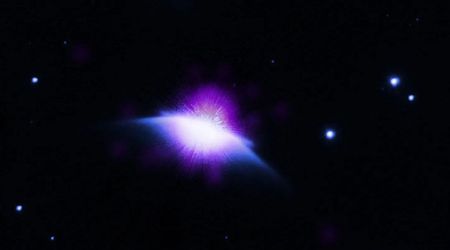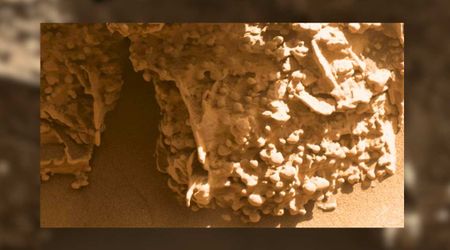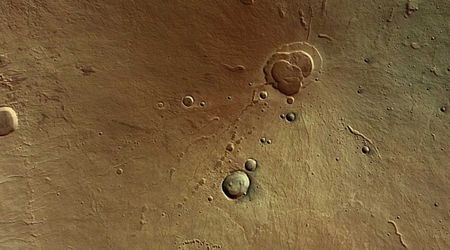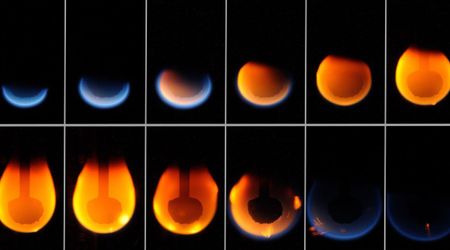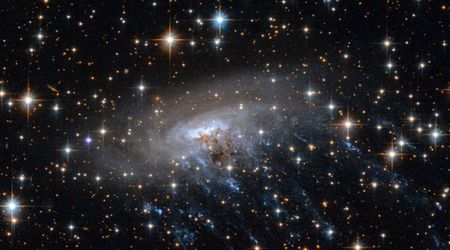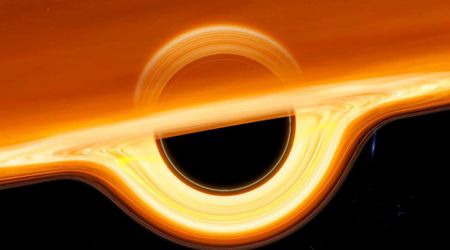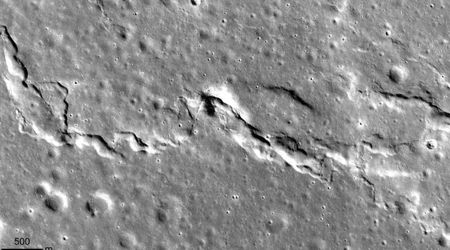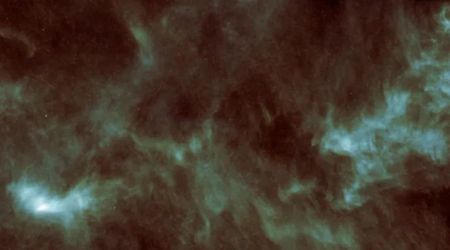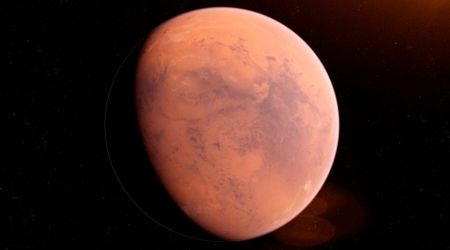Trump-Musk feud prompts NASA and Pentagon to seek SpaceX alternatives

Following a tense exchange between President Donald Trump and SpaceX CEO Elon Musk, officials at NASA and the Pentagon quickly pushed other aerospace companies to accelerate the development of alternative rockets and spacecraft, as per The Washington Post. The urgency arose after President Trump threatened to cancel SpaceX's contract, prompting a defiant response from Musk. What particularly alarmed government officials was Musk's counter-threat to halt flights of SpaceX's Dragon spacecraft, which would have stranded NASA astronauts on the International Space Station (ISS). Although Musk later withdrew his threat, the incident deeply concerned both NASA, due to its reliance on SpaceX for astronaut transport, and the Pentagon, which uses SpaceX to launch critical satellites.

This strong reaction from space and national security agencies underscores the risks of the government's significant reliance on SpaceX for critical operations, including secret missions. With billions in government contracts, SpaceX is responsible for transporting people and supplies to the International Space Station, launching satellites for the Pentagon, and developing technology used by intelligence agencies. These concerns are made worse because SpaceX's competitors haven't been able to keep up, leaving the company's leading position largely unchallenged and the government with limited alternatives.
The escalating conflict between Trump and Musk on social media was initially seen as "entertaining" by a NASA official, who then described it as "terrifying" once Musk threatened to decommission the Dragon spacecraft. A similar sentiment resonated within the Pentagon, where a staff member recounted how officers “looked at each other and said, ‘Oh, it’s not funny anymore.’ There was a realization that we’re not watching TV. This is a real issue.”

Musk's actions have previously raised concerns at NASA. For instance, in 2018, NASA launched an investigation into SpaceX's safety culture after Musk was seen using marijuana on a podcast. However, his recent "impulse" threat on social media to cut off NASA's access to the International Space Station — an endeavor that has cost NASA approximately $100 billion — was seen as crossing a line by a former space agency official. They added, “When you realize that he’s willing to shut everything down just on an impulse, that kind of behavior and the dependence on him are dangerous. … I can tell you there is deep concern within NASA,” as mentioned by the outlet.

Since the heated social media exchange, at least three commercial space agencies, Rocket Lab, Stoke Space, and Jeff Bezos's Blue Origin, have been contacted by government officials to inquire about the status of their rockets and their availability for government missions. Officials at Sierra Space, which is developing the Dream Chaser spaceplane capable of delivering cargo to the space station, were coincidentally in a meeting with NASA officials as the Trump-Musk feud unfolded. “Sierra Space stands ready to ensure uninterrupted support for the International Space Station,” Fatih Ozmen, the company’s CEO, stated to the outlet. He further added that "NASA mentioned to us that they want diversity and do not want to rely on a single provider.” Ozmen confirmed that Dream Chaser “is in final testing and integration at Kennedy Space Center" and that “we are working closely with NASA leadership to fly the vehicle later this year.”
